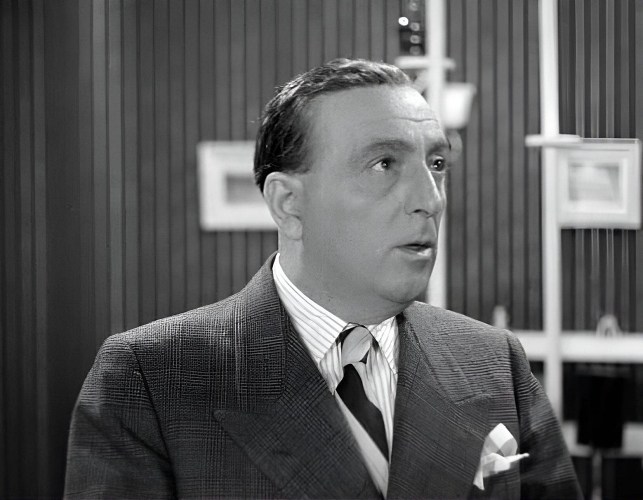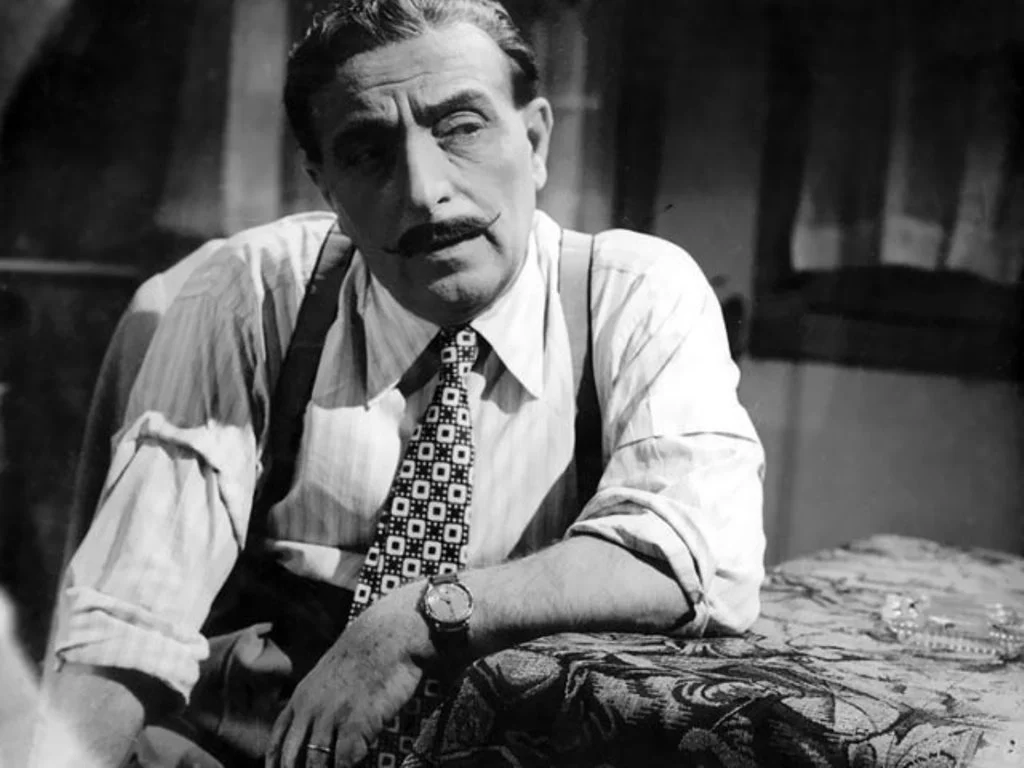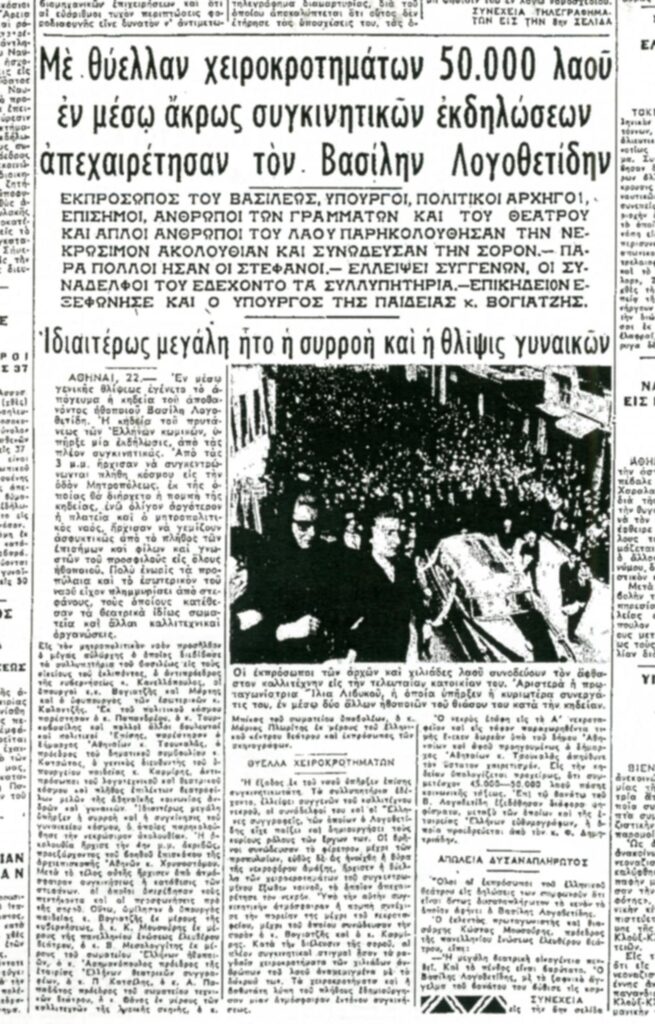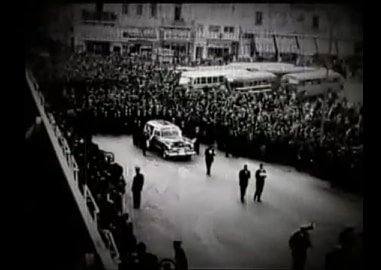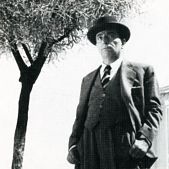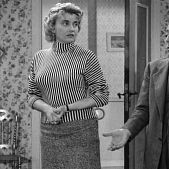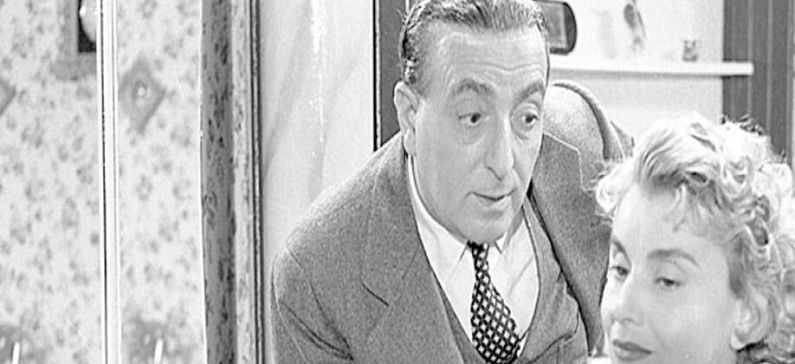
The legendary actor with a house in the… theatre, who was “said goodbye” by 50.000 people
In the dance of shadows and lights, in the hall where emotions dance and stories unfold, one name shines with a special glow. In the performance of his life, this legendary Greek actor takes on the role of the star, projecting the light of talent, passion and devotion in a unique way. With every movement, every step, he brings out a world full of emotion and intensity, leaving behind an indelible impression and a great legacy of magical performances.
Vassilis Logothetidis was born in Miriophytos, Eastern Thrace in 1898 and in 1915 he graduated from the famous Zografioioio Gymnasium in Constantinople. In 1918 he came to Athens and the following year he joined the troupe of Marika Kotopouli.
His repertoire on the stage was very important. He may have appeared in only 12 films during his career, but he made his mark with his theatrical performances. He participated in more than 110 Greek comedies and over 200 foreign plays. In most of his appearances, his partner was Ilia Livykou, with whom they were a couple in life, but never married. The two actors lived a great love affair, but Vassilis Logothetidis was, for the most part, a lonely man.
He entered the theatre by chance. As Finos Film writes, the young Logothetidis had left Istanbul with his girlfriend after their parents put obstacles in the way of their relationship. Homeless and without money, they found refuge in the Kotopouli troupe, which at the time was looking for actors! He stayed there for about 30 years.
Logothetidis offered in very difficult times, post-war, the outlet that the Greek was looking for at that time, by making fun of the difficulties. He was a man of the people, who felt the people and who played for the people. It is hard to imagine him as he was in his normal life. He was not social, he did not marry or have children and in the last years of his life, he lived alone in Paleo Faliro. His two brothers lived far away. His sister in America and his brother in Constantinople, where he spent his childhood and himself.
Those who lived through his life describe a lonely man who avoided social appearances and dedicated his life to the theatre. His neighbors remember him eating alone every day at his neighborhood restaurant.
His end, an end not befitting his reputation but rather the way he chose to live, came on the afternoon of February 20, 1960, when Logothetidis was preparing to go to the theatre, where he was starring in the play The Last Honest Man.
While shaving, he had a heart attack. The housekeeper heard an unusual noise and ran to the bathroom, where she found him dead.
In 1957 he had suffered a heart attack and despite doctors’ recommendations not to tire himself and to be very careful, he continued his professional activities as if nothing had happened. All he did was to cut down on drinking and smoking.
The news of his death plunged not only the people of the theatre into mourning, but also thousands of people who loved and admired the actor. On the orders of the then Prime Minister Konstantinos Karamanlis, his body was placed on a popular pilgrimage and his funeral was held at public expense.
The crowd, who had known the actor through his roles, applauded tearfully and newspapers called it an “irreplaceable loss” while 50,000 people attended his funeral service.
Through the theatre and cinema, Logothetides brought out the world of the human soul with depth and sensitivity, capturing the attention and stealing the hearts of the public. As the light fades on stage, Logothetidis’ memory remains alive, lighting the way for new generations of artists to discover and embrace the magical world he created. And so, Logothetidis lives on through every scene, every word, every emotional turmoil, reminding us that art is the true legacy that endures over time.

